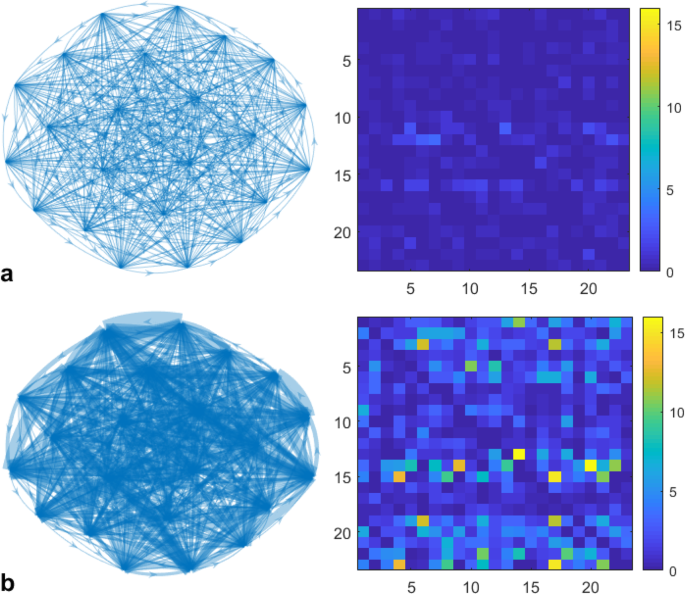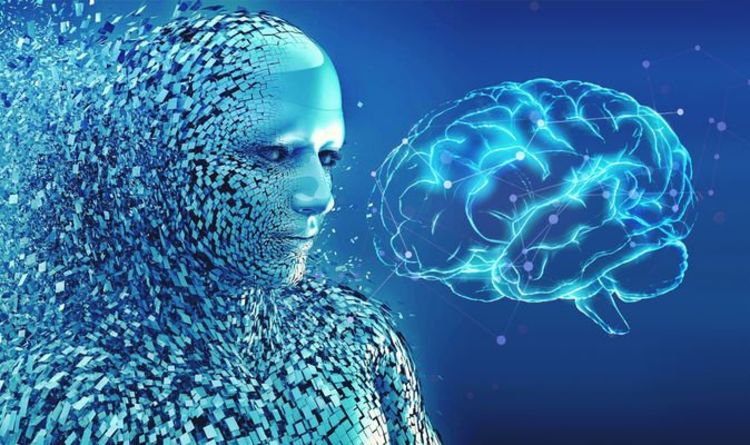New research in Scientific Reports conducted by Washington University shows how comprehending brain activity as a network rather than by electroencephalography readings, provides more accurate identification of epileptic seizures in real-time.
The study, which mixes machine learning with systems theory, was steered by lead author Walter Bomela.
“Our technique allows us to get raw data, process it and extract a feature that’s more informative for the machine learning model to use,” Bomela stated in a news release. “The major advantage of our approach is to fuse signals from 23 electrodes to one parameter that can be efficiently processed with much less computing resources.”

As explained by researchers, using an EEG, epileptic seizures can be observed through irregular brain activity in the form of spikes and waves during the measurement of electrical output.
“We treated EEG electrodes as nodes of a network. Using the recordings (time-series data) from each node, we developed a data-driven approach to infer time-varying connections in the network or relationships between nodes,” Bomela explained.
The network method takes into consideration relationships and how brain regions interact with one another. It is exactly these factors that construct the network, in which the overall network in this study was examined for strength by researchers.
“There is one parameter, called the Fiedler eigenvalue, which is of particular use. When a seizure happens, you will see this parameter start to increase,” Bomela added.
The Fiedler eigenvalue was originally contributed and named after the Czech mathematician Miroslav Fiedler whose prominent work was published in the Czechoslovak Math Journal.
“And in network theory, the Fiedler eigenvalue is also related to a network’s synchronicity — the bigger the value the more the network is synchronous. “This agrees with the theory that during seizure, the brain activity is synchronized.”
All in all, in the findings, Bomela, and his colleagues, demonstrated the effectiveness of their method able to identify strong synchronization triggered by abnormal neuronal firing during convulsions.
“The network is like a face. You can extract different parameters from an individual’s network — such as the clustering coefficient or closeness centrality — to help machine learning differentiate between different seizures,” Bomela concluded.


